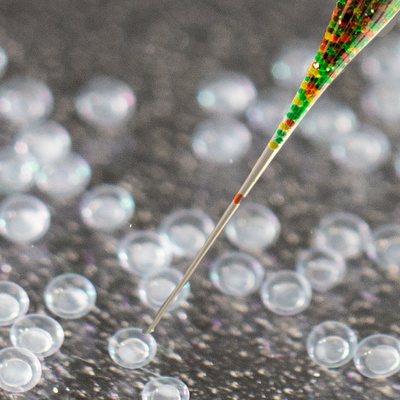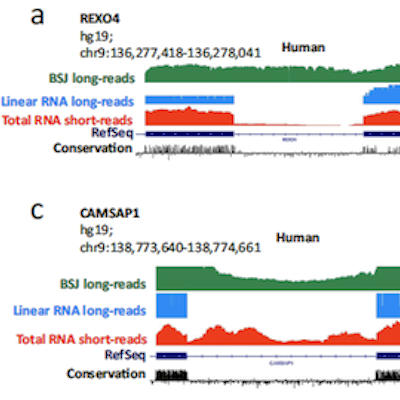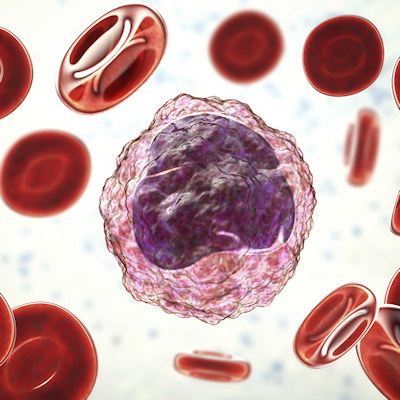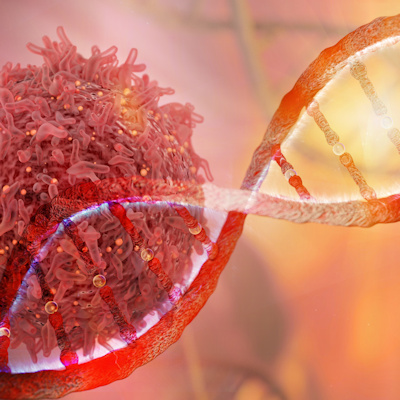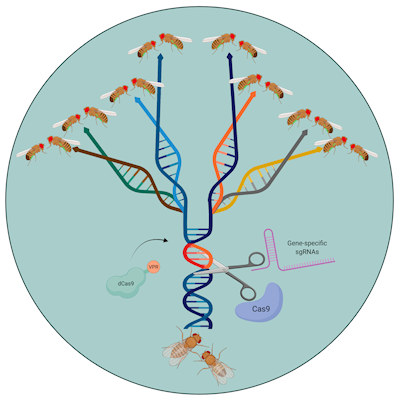August 30, 2021 -- The European Society of Human Genetics has released a critique of the European Union's General Data Protection Regulation (GDPR) at its virtual annual conference.
Genomic data is sensitive and must be protected, but the GDPR creates confusion about how to do this, the society said in a statement.
"The EU's General Data Protection Regulation has created a great deal of uncertainty about how key requirements should be interpreted," the statement said. "This means that collaborators in international genetic research projects do not always agree on fundamental issues."
The perspective comes from a study conducted by a team led by Colin Mitchell, PhD, of the University of Cambridge in the U.K.; results were shared at the conference. The study included legal research and interviews and was supported by the U.K. Information Commissioner's Office.
The analysis shows that a "range of legal interpretations are possible, and that other parts of the regulation, like those setting out 'data subject rights,' are also potentially ambiguous in the genetic context," according to the society's statement. The GDPR is also unclear about how identifying data should be characterized, it said.
Copyright © 2021 scienceboard.net
Last Updated ka 8/30/2021 2:23:38 PM

